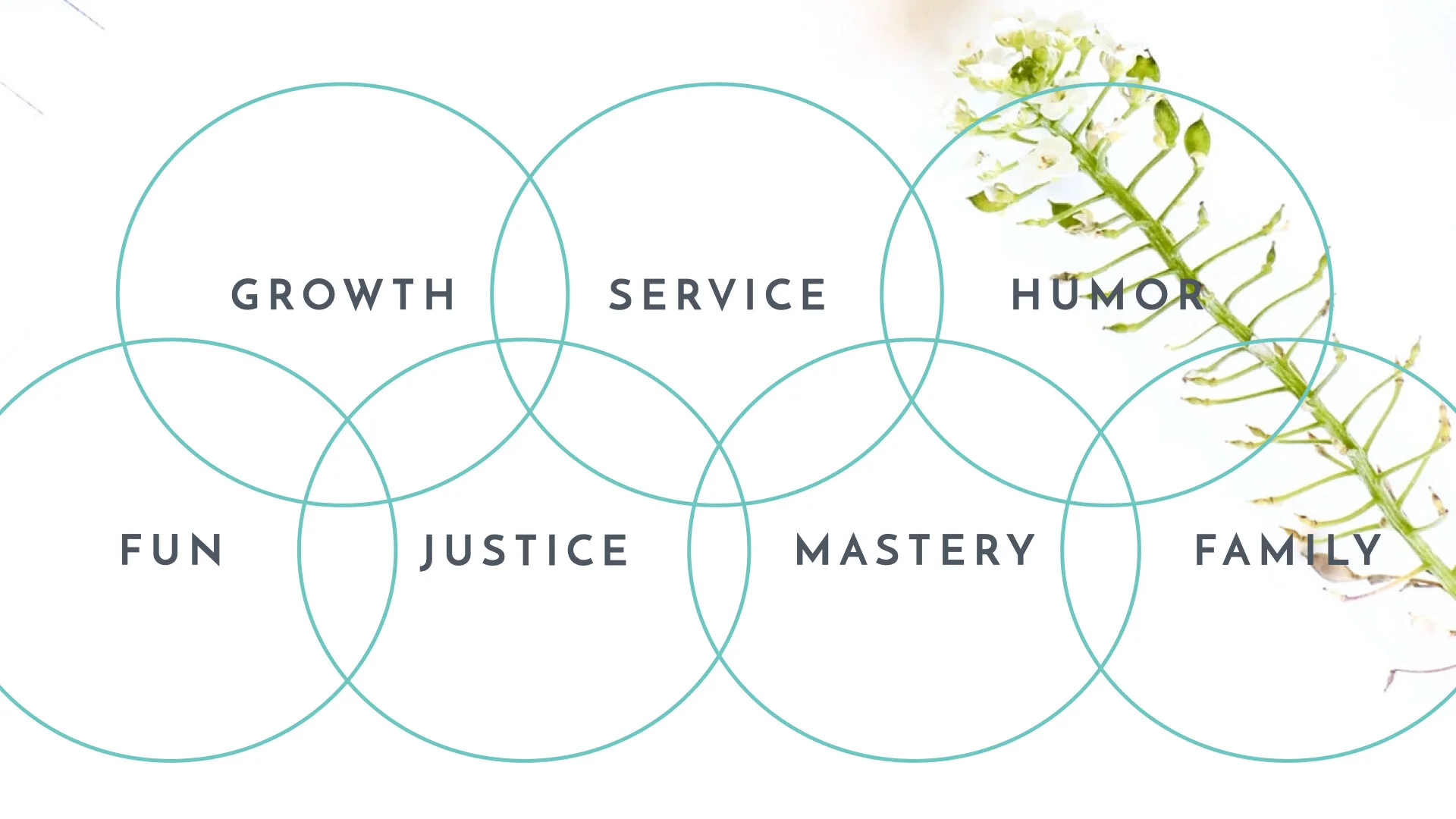So you’ve figured out who you want to speak with to move forward in your job search, and you’re getting ready for an informational interview.
What would make this conversation a success?
Some people mistakenly think informational interviews are informal and all about relationship-building. But the real opportunity in an informational interview is to convince someone to become your advocate, by getting you an interview or another introduction in the right direction.
A 2016 survey revealed that 85% of jobs are found via networking, and experts tend to agree that only 30% of all jobs are posted online. Master the informational interview, and this can become the key to landing your next gig.
Here's how to convince someone you’re worthy of a little effort and a little risk, by making sure they leave your conversation thinking:
- “He knows what he wants.”
- “He came prepared with reasonable expectations.”
- “I know exactly how to help him.”
- “I want to help him.”
The vast majority of professionals cite “purpose” as one of their top priorities at work.* Yet, even among executives and students at Harvard Business School, fewer than 20% report having a strong sense of their own individual purpose.** In sum, purpose is something most of professionals want, badly, but few of them have found -- and sadly, not having found it often leaves them feeling lacking, behind, or lost.
Yes, there are hallmarked examples of individuals finding their life’s work in the blink of an eye, like Newton with his apple or Edison with his light bulb. But recent research has shed light on how creativity and insight are generated via exploration, learning and action, rather than waiting for lightning to strike.***
So here are the two simple steps we’ve found that anyone can take -- today -- to find purpose at work:
Identifying your values is an important step in understanding what motivates you in and out of the office.
- On the chart below, circle the top 15 values of most importance to you out of the 150 values listed
- Once you have your top 15, strike 5 from your list to find your top 10
- Once you have your top 10, strike 3 more from your list to find your top 7
- Now rank your top 7 values from most to least important. This will help you evaluate potential opportunities and how to take the right step in the face of challenging decisions in the future.
Once you have completed this exercise, you can move on to our career direction diagnostic to help you define your purpose at work.
A strong, positive relationship with your manager is one of the most critical components of loving your job.
You are not expected (or likely) to thrive working under any manager under the sun; all managers have different approaches to leadership, communication, defining and evaluating success, work-life balance and mentorship--as do you. Just like finding the right partner in love, fit is important.
What you are expected to do, however, is work hard during your interview process to learn as much as you can about your prospective manager in order to make the most educated guess as possible about whether you will fit and thrive working together.
Of course, you’re also half responsible for making your relationship with your manager great after you’ve accepted the job (fit doesn’t mean everything comes easy!). But that lesson is for another day. First, let’s focus on concrete steps to helping you evaluate your prospective manager before you get so excited about your offer that you forget to do your due diligence:
- What to research about your prospective manager before meeting her/him
- How to develop your question list for your in-person meeting
- Reflection questions for after your meeting




